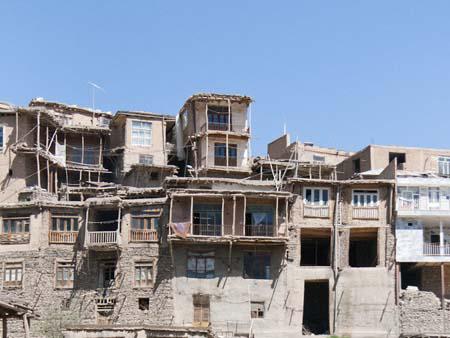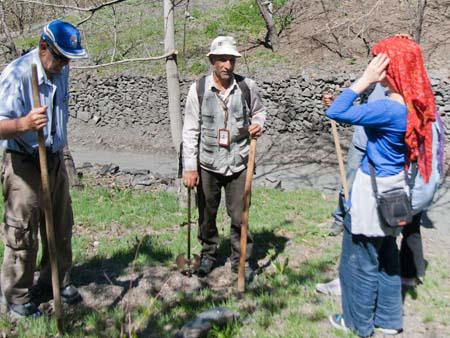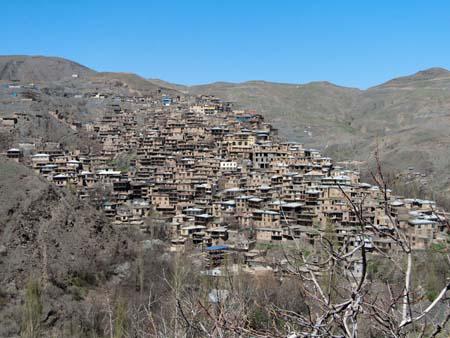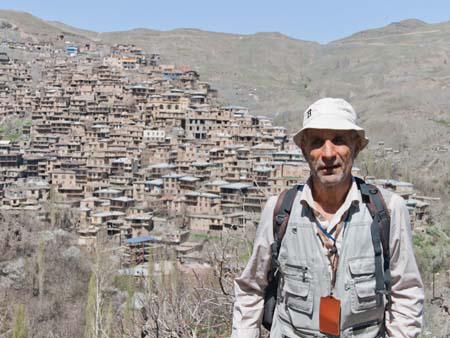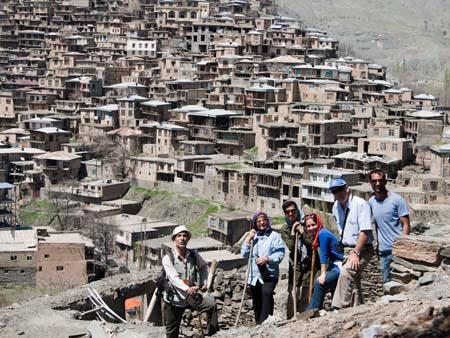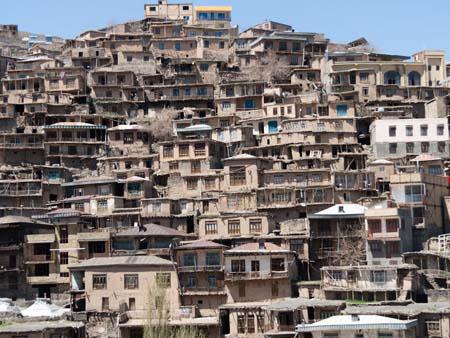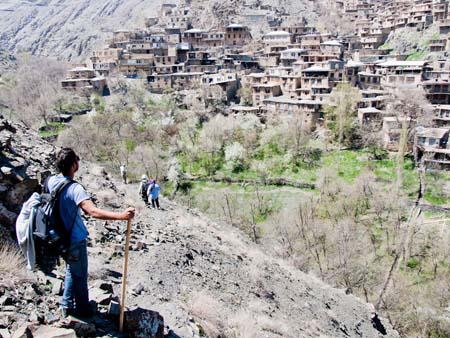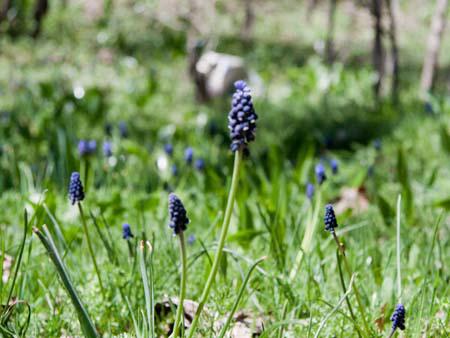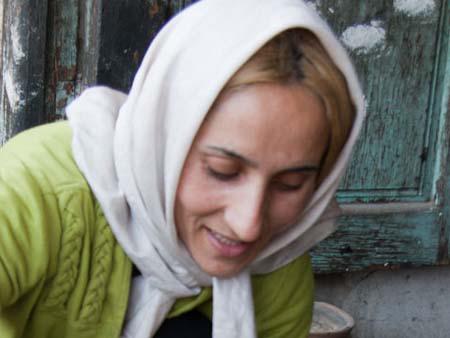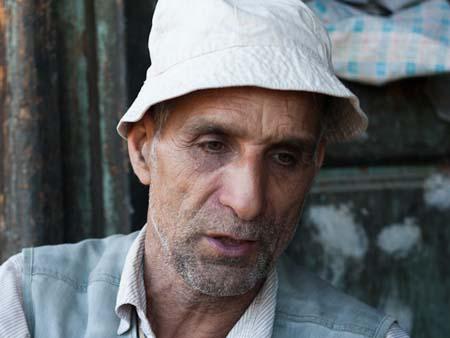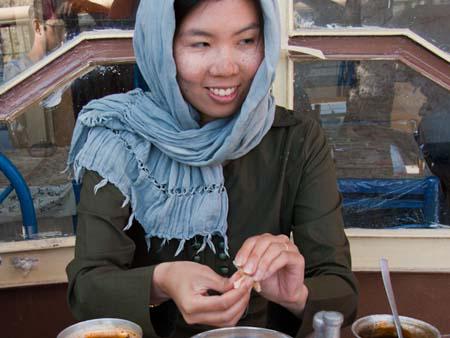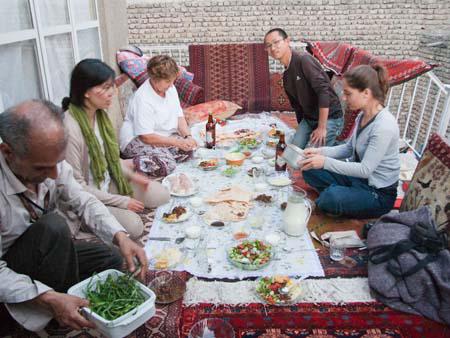Our final destination in Iran was Mashhad, located in north eastern Iran near the border to Turkmenistan. We arrived by an overnight bus from Gorgon which took about nine hours. The bus was probably the most uncomfortable we’d had in Iran, as the seats were much smaller, leg space less and we were allocated the very front seats behind the driver who constantly played loud music and smoked.
Mashhad is Iran’s holiest city as it is home to the Holy Shrine of Imam Reza. We most probably wouldn’t have stopped here, and would have opted for the more convenient located holy city Qom, if we didn’t need to collect our Turkmenistan visas.
In Mashhad we stayed at Vali’s non-smoking homestay. This gave us the opportunity to experience one of the more interesting experiences in Iran, Vali’s Kang village tour for 350,000 Rials per person. We were joined on the tour by a Dutch girl and Australian couple (who seemed to have traveled most of the world) and of course our tour guide Vali. We caught two public buses (one unfamiliar thing is the gender segregation, men seated at the front of the bus, women at the back, similarly on trains, females have a separate carriage all to themselves) and then hitch-hiked (all of us clutching for our lives on the back of a ute was an experience in itself) to Kang village all while carrying a bundle of walking sticks. Kang village is a traditional stepped village with mudbrick houses. Much to the dismay of some of the others, we climbed an extremely steep adjacent hill to catch beautiful views of the village. On the easier route down, we all wondered why we didn’t use this path on our way up! We then awkwardly crossed a river using a fallen tree, again we were all questioned why this was necessary, but it was explained it was all part of the experience.
In Kang village Vali showed us a few of the local plants that the villagers used, particularly in their herbal teas. As we walked through the village it seemed everyone knew our guide. We arrived at our first destination, a lovely family who served us apples (both fresh and dried), dried mulberries and dates and nice tasting local herbal tea, which was even nicer when sipped with the crystallised sugar (commonly used in Iran). After tipping the lady, as advised by our guide, we headed to our next destination, Abardeh village for lunch. Normally the walk to Abardeh would have taken another few hours, but the group managed to convince Vali to arrange a driver.
At Abardeh we had lunch consisting of Dizi and tea. In general, Dizi is considered as food of the poor and it was our second time trying it, the whole art of eating it is quite fun. After lunch we headed back to the homestay on an extremely crowded bus, we were all exhausted.
